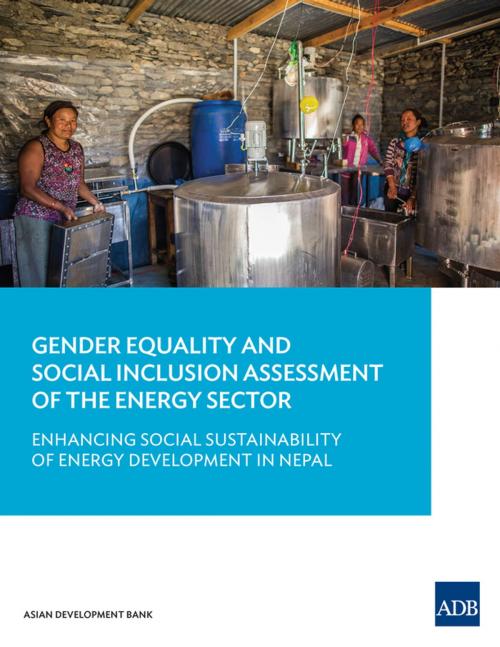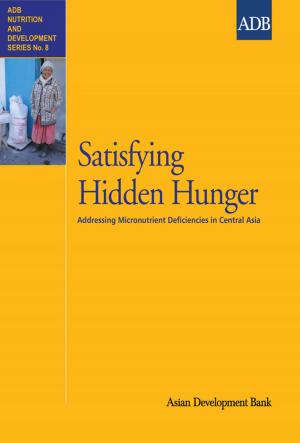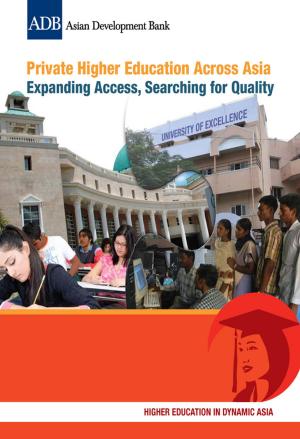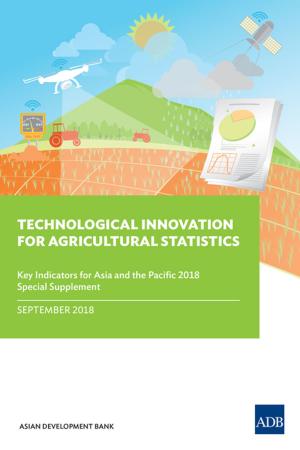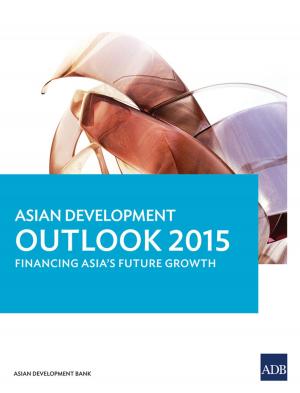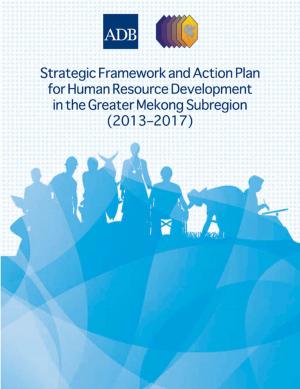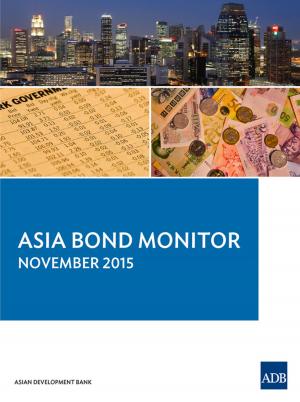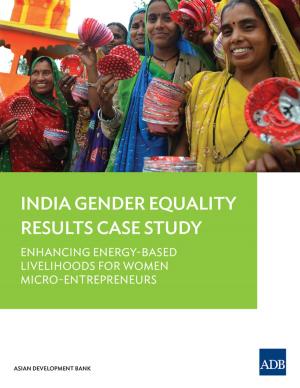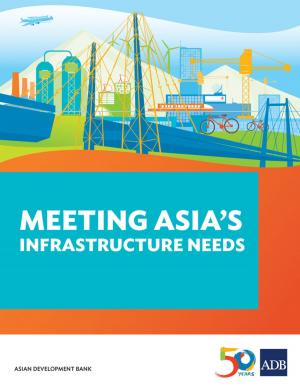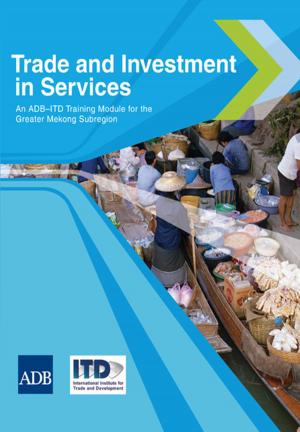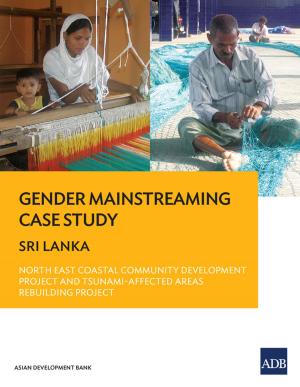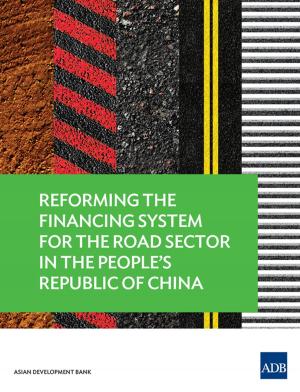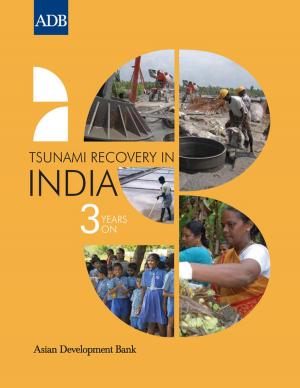Gender Equality and Social Inclusion Assessment of the Energy Sector
Enhancing Social Sustainability of Energy Development in Nepal
Nonfiction, Science & Nature, Technology, Power Resources, Social & Cultural Studies, Social Science, Gender Studies, Women&| Author: | Asian Development Bank | ISBN: | 9789292610890 |
| Publisher: | Asian Development Bank | Publication: | February 1, 2018 |
| Imprint: | Asian Development Bank | Language: | English |
| Author: | Asian Development Bank |
| ISBN: | 9789292610890 |
| Publisher: | Asian Development Bank |
| Publication: | February 1, 2018 |
| Imprint: | Asian Development Bank |
| Language: | English |
In Nepal, deeply embedded structural conditions determined by gender, caste or ethnicity, religion, language, and even geography have made access to and benefits from energy resources highly uneven. Women, the poor, and excluded groups experience energy poverty more severely. To address this imbalance, the government and other stakeholders have introduced measures to achieve greater gender equality and social inclusion. This study is an attempt to understand the factors affecting the outcomes and extent to which the initiatives have fostered gender equality and social inclusion. The study recommends measures to facilitate the distributive impact of energy sector development if Nepal is to meet its target of ensuring energy access to all.
In Nepal, deeply embedded structural conditions determined by gender, caste or ethnicity, religion, language, and even geography have made access to and benefits from energy resources highly uneven. Women, the poor, and excluded groups experience energy poverty more severely. To address this imbalance, the government and other stakeholders have introduced measures to achieve greater gender equality and social inclusion. This study is an attempt to understand the factors affecting the outcomes and extent to which the initiatives have fostered gender equality and social inclusion. The study recommends measures to facilitate the distributive impact of energy sector development if Nepal is to meet its target of ensuring energy access to all.
